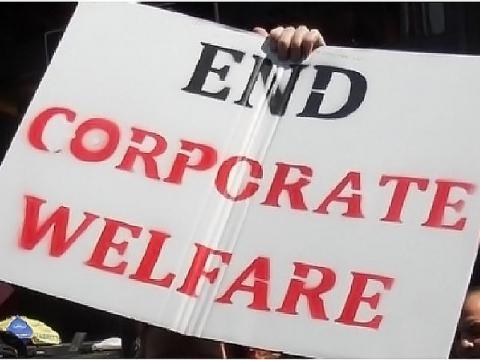
By Jack Bourassa, Regional Executive Vice President for the North
(abbreviated version published in the Yellowknifer, October 12 2016)
Here’s a $150 million-dollar question: if you knew your single-mom neighbour lives with her children in unsuitable housing, surviving off food banks, would you help out? Or would you give a hand to a businessperson with a vague intention to set up shop down the street, by helping them pave the road instead?
Sadly, this is not a hypothetical question. It’s a barebones version of one of the topics to be addressed in the upcoming Legislative Assembly session: reducing social program spending by $150 mil to build operating surplus for infrastructure. In other words, road infrastructure over social infrastructure. Such as an all-season road to Whati, where 45 percent of their housing stock is inadequate, and 24 per cent is unsuitable, making the road hardly a priority.
The primary beneficiaries of said road are not necessarily Whati residents, but Fortune Minerals Ltd., which happens to own a poly-metallic deposit conveniently located 50 kilometres away from where the road would stop.
Nothing novel here. All levels of governments have gone that road before, so to speak. Good old trickle down economics: offer incentives and wheelbarrows of cash to corporations in the name of ‘job creation’. Ralph Nader reportedly invented the term corporate welfare to describe this approach in 1956.
In 2004, former Conservative PM Stephen Harper revived an even better term, corporate welfare bums. He pledged to go after the business community, noting that Canadians had not received value for their money, and Canada needed to "get out of the grants and subsidies game." And when even a business-friendly, staunch Conservative such as him condemns this practice, you know there must be some truth in there.
As one author was pointing out in 2011, during the previous decade expenditures on corporate welfare were almost twice that of expenditures on social welfare.
Was that approach working? Not so much. Research shows that in Canada corporate welfare has resulted in few jobs, and profits are translated in higher executive bonuses floating away in securities and offshore bank accounts.
Money spent on social welfare (health, housing, education etc.), however, produces immediate returns, resulting in overall savings of taxpayer dollars. For example, stable and adequate housing costs less than shelter, ambulance, police and hospital bills resulting from homelessness – or what Dr. John Rook, Chair of the National Council of Welfare, calls ‘paying top dollar on temporary fixes for the problems that grow out of poverty’.
In our territory, we often experience the promise of an oil and gas boom. Companies come in, gobbling up government incentives and subsidies (partly paid from our tax dollars). Most times, they hire workers from elsewhere, since our population levels are low, and at times, residents are not job-ready – due to decades-long colonial trauma, and a consistent lack of investments in social infrastructure. After all, obtaining employment is nearly impossible when you don’t have a home, a computer, the necessary skills, or none of the above.
Once resources decline, or global prices go down, said companies pull out, leaving our public coffers empty, our regions engulfed in unemployment and our environment polluted.
A research report written earlier this year showed that sectors using renewable resources (forestry, agriculture, tourism, fishing, hunting and trapping) create the most jobs per dollar invested, while the large extracting industries creating the least.
The same report identified local ownership of smaller businesses as the driver of economic growth, resulting in numerous social, economic and environmental benefits. According to the researchers, when compared with foreign, larger business chains, small and local businesses create more than twice the jobs per dollar spent.
In the light of the evidence presented above, spending money on roads to resources when our people don’t have roofs over their heads and much needed social and educational supports does not seem to be the smartest thing to do. Investing in our people, and supporting local economic development - is.
Silver lining? In 2015, we’ve voted for change at all levels. We’ve put quite a few progressive politicians in the 18th: Legislative Assembly. Even though accountability and transparency is still a challenge, together they will hopefully be able to push for what we, the people, want. After all, policy-making is about choice. We need to tell them that we choose people over roads.
So if you don’t want to help that businessperson I was mentioning in the beginning, and care more for your single mother neighbour and her children who need the support to be the best they can be, tell your MLA that you want to invest your money in people first. Stay informed, get involved in your union, and join groups such as Alternatives North, who take a grassroots approach to democratic change, keeping an eye on these key issues.
My answer to the $150 mil dollars question is: enough corporate welfare! That road leads to nowhere. It’s time to map a new road to success for our territory.
Sources:
https://en.wikipedia.org/wiki/Corporate_welfare
http://www.cbc.ca/news/canada/harper-targets-corporate-welfare-bums-1.483317
http://www.digitaljournal.com/article/314815
https://anotheralt.files.wordpress.com/2016/02/alternatives-north-sahtu-exec-sum-jan-15.pdf
http://www.cbc.ca/news/canada/north/sahtu-region-economic-report-1.3411979
